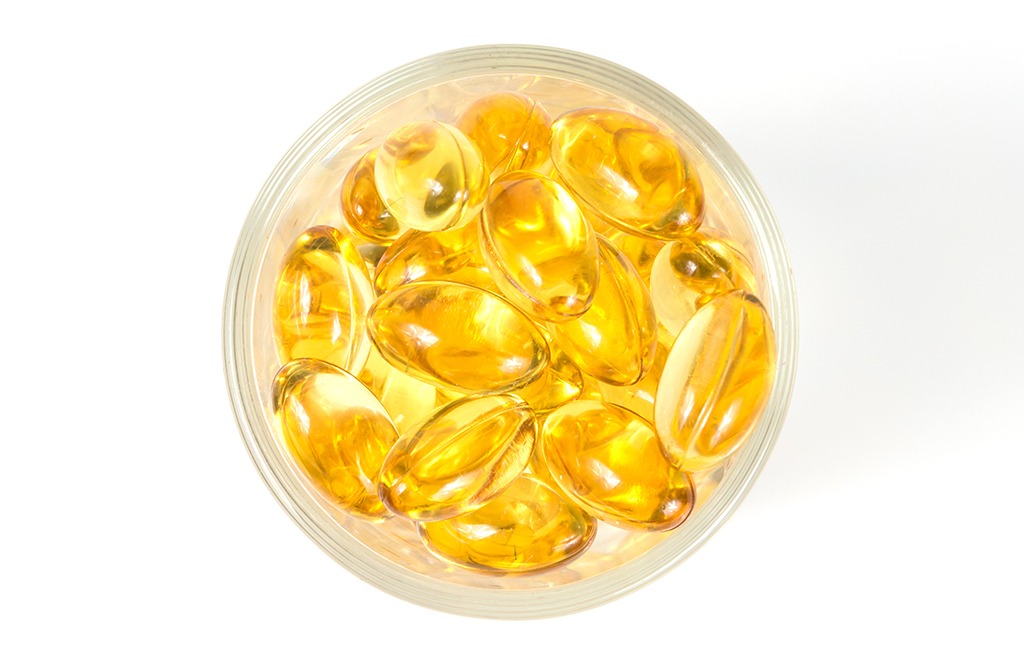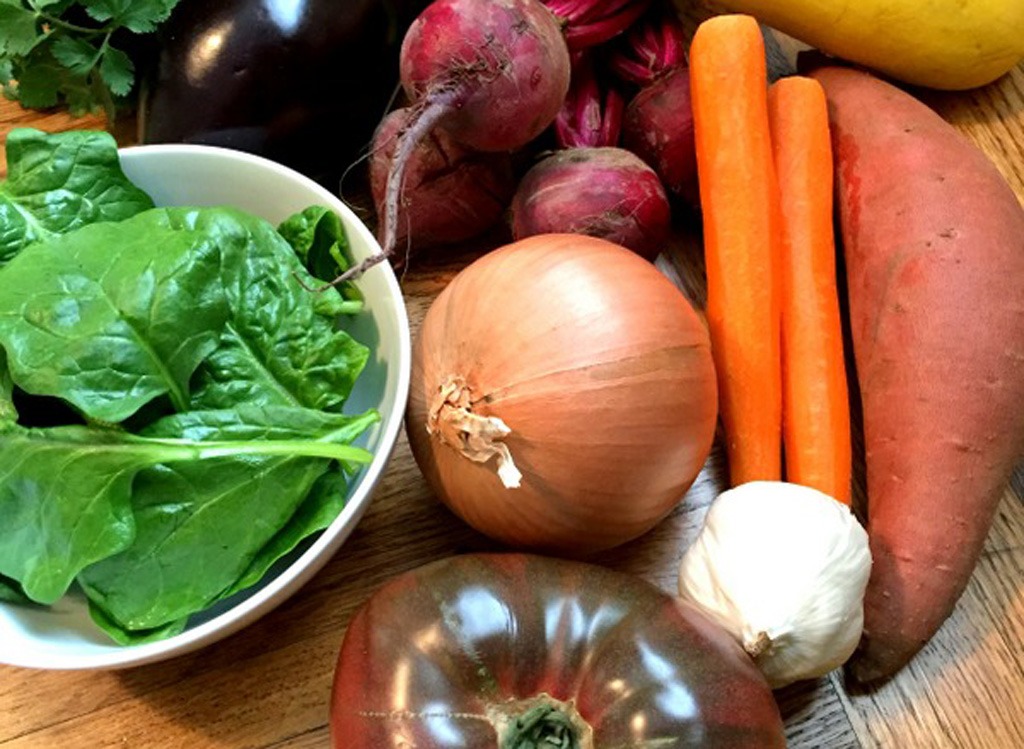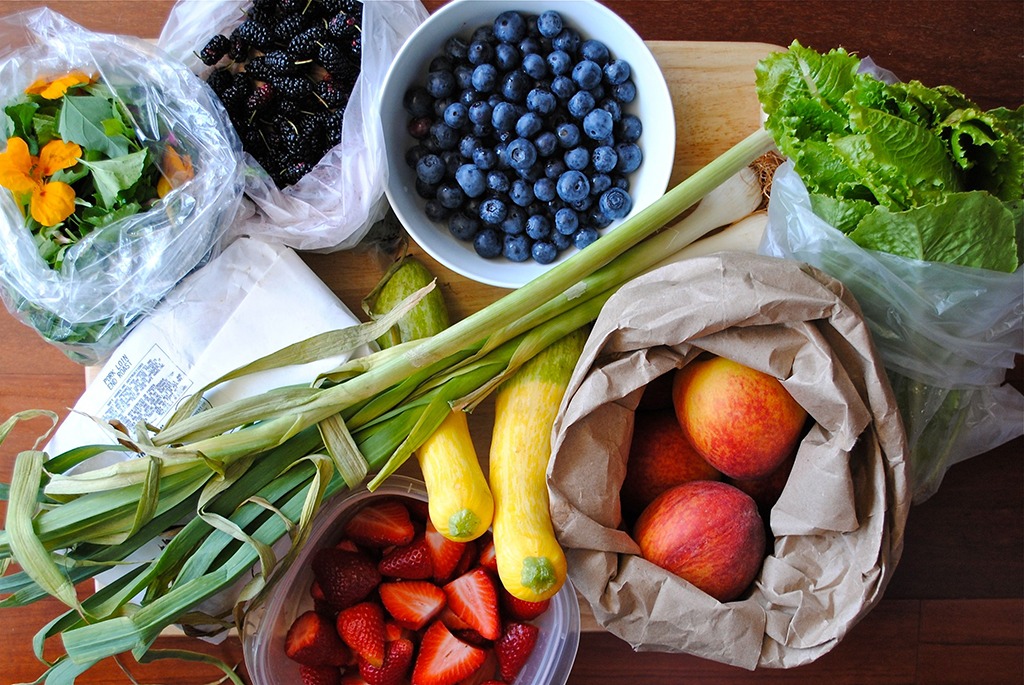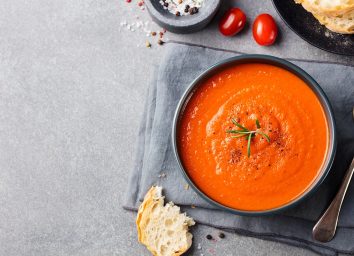7 Best Expert Tips for When You’re Expecting a Baby

Your body is a miracle—and right now, it’s about to create one.
For the last few decades, it’s allowed you to walk, laugh, cry, downward-dog, and drop it like it’s hot. Right now, it’s embarking on possibly its most incredible feat yet: Building a tiny human inside of you.
That’s why I wrote Eat This, Not That! When You’re Expecting, your complete guide to the very best foods for every stage of your pregnancy. When you’re pregnant, it’s hard not to worry 24/7 about whether you’re eating the right things for a healthy diet, eating enough of them, or doing something wrong at snacktime. Truth? There’s nothing wrong with spending some quality time with your buddies Ben and Jerry when the craving arises (and it probably will). All that really matters is that most of the time, you’re eating healthy stuff—and that you’re getting a daily flow of certain key nutrients—compounds that are critical for your baby’s development. Eating right won’t just set the stage for a healthy life for your child, it will also ensure that you can be as active and vibrant as ever when you enter this exciting and magical new chapter of your life. And for the doctor-recommended plan for baby and you, don’t miss Eat This, Not That! When You’re Expecting—on shelves now!
Help Your Child Be Fit, Not Fat

The truth is, how you eat now can actually help your tiny one’s chances of having and maintaining a healthy weight later in life! Researchers writing in the International Journal of Obesity in 2014 found that what a mother ate while pregnant, as well as how stressed she was, can affect baby’s genetic propensity for obesity. And while completely stress-free pregnancies might be the stuff of fairy tales, making smart nutritional decisions can be one less thing you need to worry about. To start, avoid these 50 Unhealthiest Foods on the Planet!
Boost Baby’s Ivy League Chances

Studies have shown that a healthy diet during pregnancy can boost your baby’s brain power! One found that children whose mothers took supplements of cod liver oil during pregnancy and lactation scored higher on academic tests at age 4 than children of moms who had taken corn oil supplements. (The magic nutrient was omega-3 fatty acids.) Other studies found that children of women with the lowest percentage of iodine in their bloodstreams were in the lowest quartile for verbal IQ, reading accuracy and reading comprehension. (To make sure you’re getting enough iodine, toss the artisanal sea salt and use standard, iodine-fortified table salt—sparingly—when you’re flavoring your meals.)
Let Your Little One Breathe Easier

Babies are less likely to develop autoimmune issues like allergies and asthma if they are exposed to a nutrient-rich diet while in the womb, according to a report from the Academy of Nutrition and Dietetics.
Set the Stage for Healthy Habits

Crazy but true: Eating a smart diet of healthy meals and snacks can alter your child’s brain development, programming her preference for nutritious fruits, veggies, and grains later in life! Refer to this list of 40 Healthy Snack Ideas to Keep You Slim for instant ideas!
Step Up Baby’s Social Game

At least in animal studies, researchers have found that the offspring of moms who eat a diet rich in choline, a nutrient found in eggs and other lean proteins—easy to get once you know what you’re looking for!—are less likely to suffer from social behavior deficits and anxiety. Other studies show that proper nutrition can give a child better ability to control their behavior. That could mean fewer tantrums for you to deal with, and more happy, lifelong friendships in their future.
Protect Your Child from Premature Birth

Moms-to-be who eat a diet rich in fruits, veggies, lean meats, and whole grains are 15 percent more likely to carry their child to term than women who lean toward sugar, fat, and processed foods, according to research from Sahlgrenska Academy University of Gothenberg in Sweden.
Help Yourself Have an Easier Labor and Delivery

Women with normal to high levels of vitamin D needed fewer pain meds during delivery than those with a deficiency, according to research presented at the American Society of Anesthesiologists’ annual conference. The study’s authors speculate that the vitamin is linked to stronger muscle contractions, which make labor quicker and easier. Amen to that!
That’s a lot of payoff just from switching your nightly snack from Hot Pockets to something fresh and healthy. Despite all the evidence that great nutrition is key—and how simple it can be to eat right—a large study published in the journal Public Health Nutrition found that 80 percent of American women of childbearing age don’t get enough vitamin A, 78 percent aren’t taking in enough vitamin D, and 92 percent aren’t consuming enough high fiber foods. A separate report from the Centers for Disease Control showed that 16 million American women are at risk of iron deficiency. That’s why we’re here to make breakfast a breeze, snacking simple, and meals more than manageable.
In my upcoming book, Eat This, Not That! When You’re Expecting, we’ve outlined a healthy, balanced, and most of all easy-to-follow diet that will not only see you through your first trimester, but serve as a great eating plan while you’re nursing, when you’re ready to lose the baby weight, and throughout the rest of your life. It’s a plan that centers on five crucial supernutrients: calcium, iron, folic acid, vitamin D, and omega-3 fatty acids. You’ll soon see just how simple (and satisfying!) it can be to pack them into even the busiest of days.








